|
by Luv Mehta It's quite an achievement when a TV show carves such a name for itself that entire stories and situations can be described as "Black Mirror-y". Trump's bid for presidency (as predicted by The Waldo Moment) is Black Mirror-y. David Cameron's pig controversy is Black Mirror-y. An AI interacting with the Internet and becoming a Neo Nazi sexbot is Black Mirror-y, and so on. It's with these expectations that we go into the new series, now on Netflix, produced with a higher budget and a star studded cast. Does it retain the same cynicism and pessimism? Is it still quintessentially British? Do the increased amount of episodes still have consistently high quality across the board? The answer - not really. But does that make this series weak? Back when Black Mirror started in 2011, with the first episode showing the prime minister of Britain forced into fucking a pig on live television, it immediately established how dark and sadistic it was going to be. The few glimmers of hope in the story were all meant to lull us into a state of security, before violently kicking us across the curb. More than that, though, it showed us two things that have been a staple of every episode, pre-Series Three -
And because the show has been tackling various technological concepts for a majority of the episodes, most of the messages basically boil down to "this is what human beings can create - and this is what they can do to make it horribly wrong, because we're all a bunch of bellends." We don't quite see a lot of that in the new series - which Charlie Brooker, the showrunner, did warn us about. He said he wanted to go for multiple genres, and even with the bleakness and the black comedy, he didn't see the harm in giving happy endings once in a while. Plus, Black Mirror does have a reputation (albeit one that's undeserved) of being very anti-technology. Seeing how Brooker had to affirm - in multiple interviews, no less - how pro technology he was, it's obvious why he'd want to go for something different. But is different necessarily good? We, as Black Mirror fans, generally tend to act very entitled, ranking episodes and dismissing many of the stories outright - because nitpicking by comparison is what the Internet taught us, and goddammit, it feels good to say that everything is a disappointment. And it always feels good to judge in absolutes. The first episode, Nosedive, exemplifies that very well. It's a brilliant episode, directed by Joe Wright (Atonement) and written by Mike Schur and Rashida Jones (Parks And Recreation), with a lead role played to perfection by Bryce Dallas Howard (seriously, she's unbelievable here). It showcases the higher budget with some great set design, the sound design is fantastic, and that's just the technical part. The concept itself has been done once before (in the MeowMeowBeenz episode in Community, to hilarious effect), but it's so well realized, with so many genius touches (the tight control over expressed emotions exhibited by high scorers, having actual consultants dedicated solely to getting a high score) that it's instantly forgivable. And even though it works its way up to a typically bleak climax, for the first time, the bleakness is punctuated with hope - even with all career and social prospects being destroyed, the protagonist is finally able to cut loose and act however she wants. There's no ray of light to be found in the next two episodes, but they're still substantially different from the formula to merit a mention. The second episode, directed by Dan Trachtenberg (of 10 Cloverfield Lane and Portal : No Escape fame), acts as a great horror movie, setting the characters up through the entire first half, using virtual reality to mess with our heads in the second half, and build its way up to a downer ending. It works really, really well - but the concept itself isn't entirely novel, and the story doesn't seem to have much of a point to make, beyond "Call your mom, kids, or you'll regret it." At the end of the day, a Black Mirror episode, be it bleak or optimistic, makes you think. I guess that's just it - the Playtest experience is done by the end of the episode itself. The third one, on the other hand, does have a great concept and some interesting things to show. Set in the recognisable present (a rarity for Black Mirror), it uses technology we all know, hacking abilities that aren't infeasible, and consequences that are terrifying as a result. The performances from the lead pair are great, the ending montage set to Exit Music (For A Film) is great. And yet, it feels like a missed opportunity. the whole episode is based around this concept of vigilantes who enact justice through public humiliation (similar to White Bear), using blackmail and betraying the victims at the very end. The question arises - is the disproportionate response really necessary? Yes, they're all assholes (to varying degrees of taint) but you're still destroying their lives completely. That isn't justice, debatably, and it's an incredibly interesting thing to ponder and to explore - which the episode chooses not to do. The episode - and its resolution - is well made, but it feels rushed all the same. The fourth story is the most optimistic Black Mirror has ever had - and it's one of the best. Catching two women at the tail-end of their lives, living a dream to lessen their pain, share a bond that means different things to both of them, and it's incredibly raw and painfully human. And the ending itself is a good ending - when has Black Mirror ever done that? The central sci-fi concept acts more as a backdrop to the story than a cautionary tale, too. And yet, it's amazing. We expect Black Mirror episodes to be bleak and have downer endings, so we do expect something to go horribly wrong in the end. But here, that trope's subverted for once - and the catharsis we experience when we discover that they're actually genuinely happy, even for now, makes the subversion worthwhile. The fifth episode is a bit more traditionally Black Mirror, and it's a bit weaker, too - the twist is a bit too predictable, although that might be because this short film, with a similar concept, already came out a year earlier. In addition, there's a plothole with how the soldiers seem to be allowed to talk to citizens - if there was even a single in-depth conversation about the roaches, the soldiers would realize that the roaches looked human and could speak, and everything would be over. The episode itself is well made, and the final scene with the psychiatrist is really good. But it still leaves something to be desired. The same cannot be said for Hated In The Nation, the sixth episode, which is probably the most Black Mirror-y an episode of Black Mirror has ever been. Even with the homage to Hitchcock's The Birds, it feels fresh and very current, especially with the focus on the Internet rage machine. The pacing is outstanding, the mystery is well built, and the whole thing feels like a perfect balance of the outrageous and the realistic. So, in the end, we end up with three superlative episodes in a series of six. Numerically, that's equal to the first series. By proportion, it ends up being the weakest series. Is it because of the switch to Netflix and a primarily American audience? That's half true - two of the three winners are primarily American in terms of cast and settings, but the increased freedom Netflix gives the showrunners does seem to have gone to Charlie Brooker's head. A lot of the episodes are much longer than those from previous seasons, and they do tend to drag a bit. Half the episodes have the disadvantage of not being well thought out (they aren't bad episodes, per se, but not up to the Black Mirror standard), which is probably because of the increased workload. Even then, though, does this series disappoint? Not really - at its worst, Black Mirror still possesses the ability to suck you in, make you feel like part of the universe they create. At its best, however, Black Mirror stays with you for quite a long while, making you think, jogging your brain cells. And you know what? Even with a comparatively weaker series, we have three stories better than entire seasons of a lot of TV shows. Maybe not everything's a disappointment.
Follow us on Facebook and Instagram to be notified whenever we release new articles.
Do you use an RSS reader? Even better!
0 Comments
Leave a Reply. |
Categories
All
Archives
December 2022
|
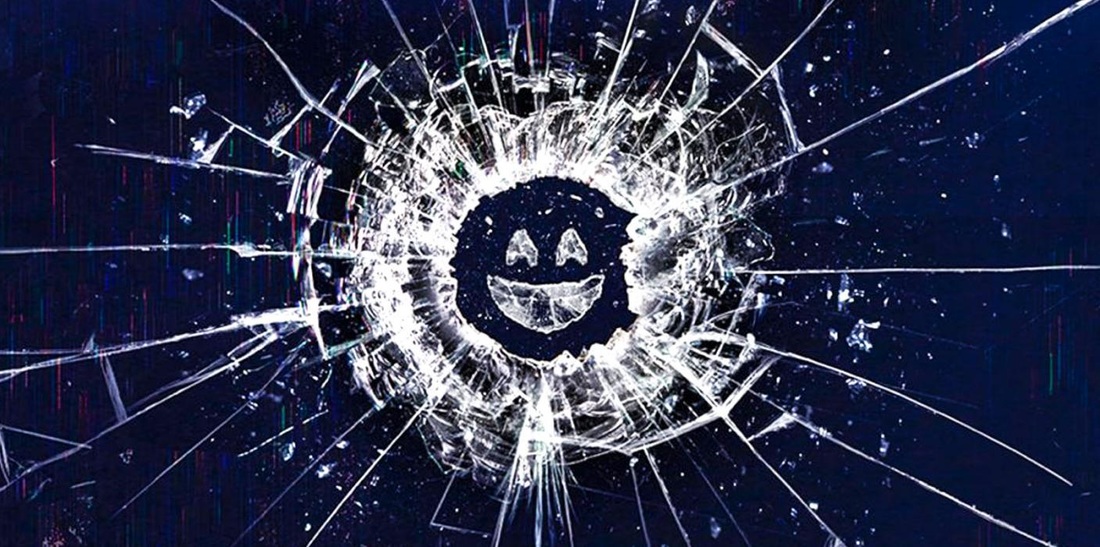
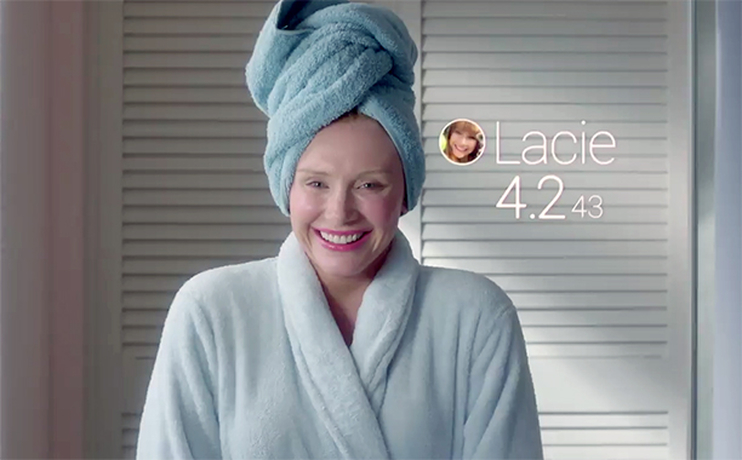
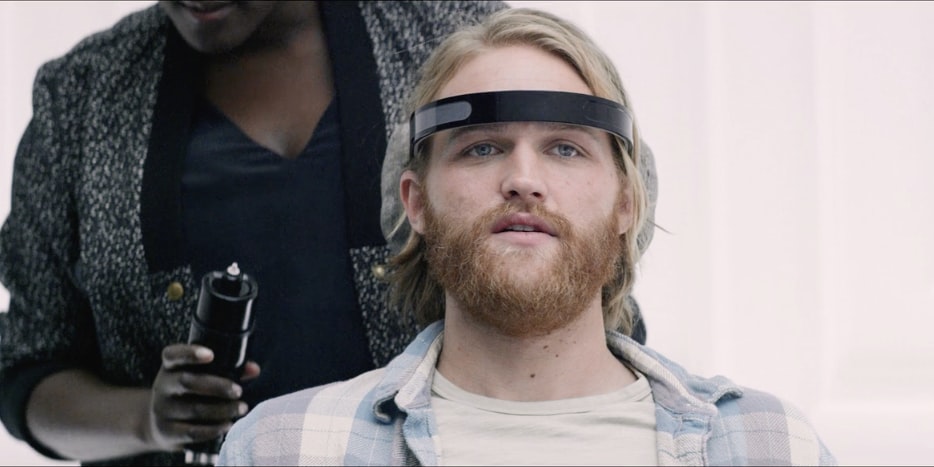
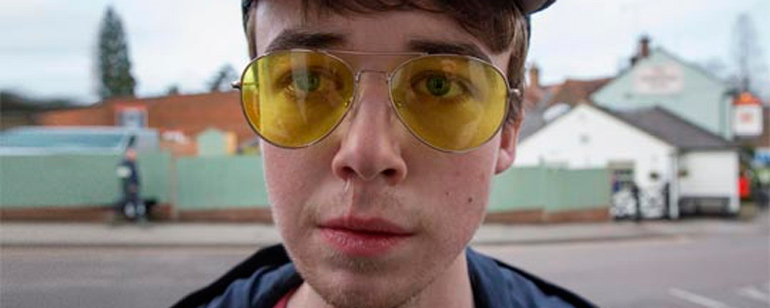
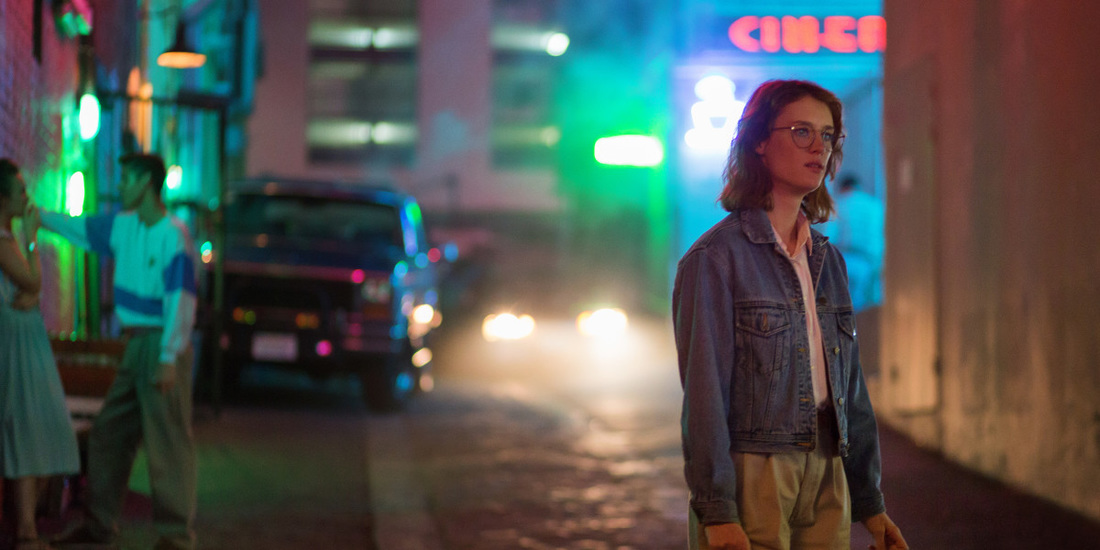

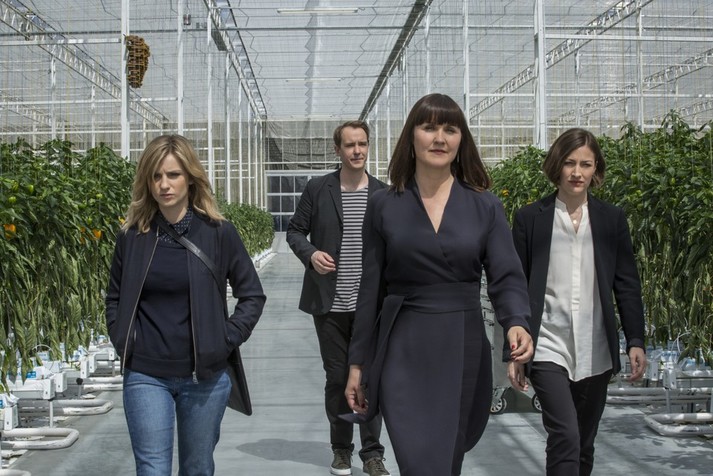
 RSS Feed
RSS Feed
